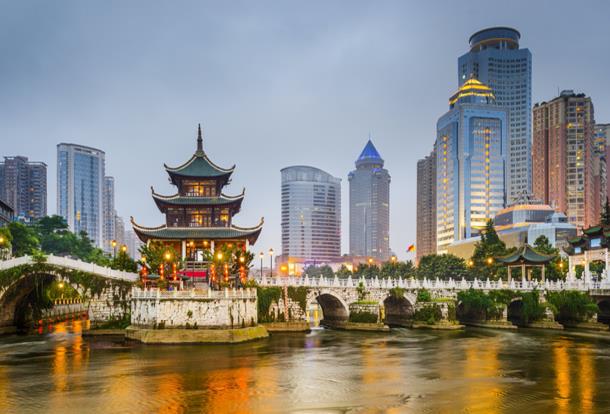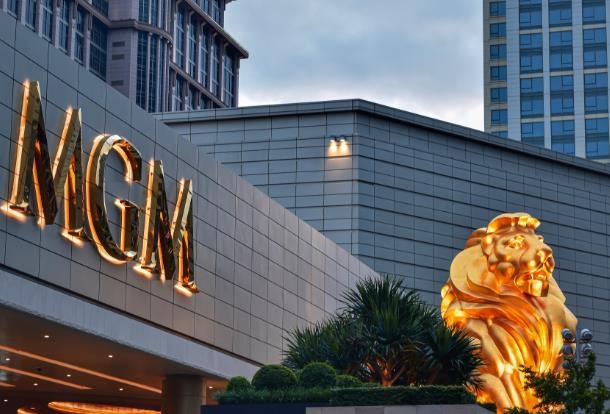Hoteliers are frequently faced with a common dilemma — how can a hotel work smarter, not harder? Within an industry that is hyper-competitive and subject to the on-going influence of guest demands, how can hoteliers ensure their property is best equipped to maximize revenue, enhance guest experience and streamline operations?
The answer, more often than not, lies in technology. As hospitality technology becomes more complex and robust to suit the evolving needs of properties, legacy systems are being aptly replaced with new-age technology stacks. These technology stacks are represented by a collection of apps, platforms, and solutions that offer various key functionalities to a property, allowing it to establish an effective operational infrastructure.
However, this brings us to a new challenge. The hospitality industry currently finds itself facing a technology consolidation conundrum. Quite the mouthful, wouldn't you say? Yet, that's precisely what it is; a conundrum, of sorts. Across our industry, we are witnessing the acquisition of countless smaller platforms, as their offering is merged into the service portfolio of hospitality technology giants. Not that long ago, for example, Oracle purchased Micros Hospitality, Amadeus purchased TravelClick, while RateGain purchased DHISCO — and the consolidation movement is only getting started. The big players in hotel technology are only going to get bigger. The true challenge lies in the aftermath of consolidation, and the potential for service and integration-related complications.
On the one hand, technology consolidation has for years, and across industries, been considered an essential step in establishing long-term scalability. Companies crave the ability to do more with less, all while reaping the rewards of new efficiencies and solutions that allow them to grow and evolve. In this sense, the consolidation of technology is often viewed as the most effective way to establish better service, with a smaller 'footprint' and reduced cost. Companies can remove unnecessary complexity, cost, and redundant capabilities in favor of a more streamlined, lean technological model.
In the case of hospitality, technology consolidation is the simplification of a hotel's technology environment. Rather than working with 5 or more separate vendors, companies can work with a larger vendor that offers a host of platforms and features that suit the needs of their business. This is great, in theory, but doesn't come without its unique set of challenges.
Read Original Article




